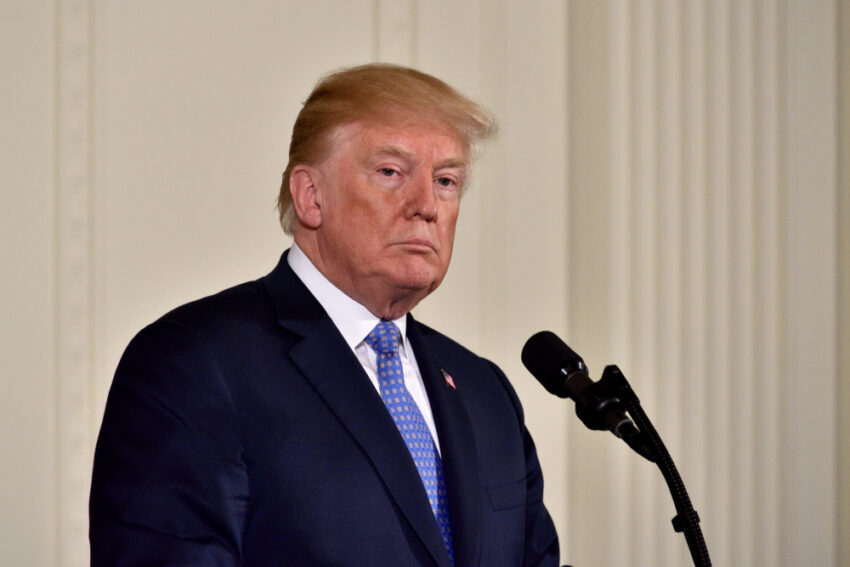Protectionist trade policies, as proposed by Donald Trump, could inadvertently harm American manufacturing companies by raising input costs, leading to lower investment, according to a study from the Frankfurt School of Finance & Management.
With tariffs central to Trump’s economic vision, manufacturers could face higher costs on imported goods if he is re-elected, a move that researchers say could discourage industry-wide investment. The study, led by Associate Professors Thorsten Martin and Clemens Otto, found that a 10% reduction in tariffs on upstream manufacturing inputs could lead to a 4 to 6% increase in investment by US companies that import these goods into the use production.
The research focused on the effects of tariff changes on raw materials and key inputs, including steel and aluminum, which are essential in many manufacturing sectors. Analyzing historical import data and investment patterns, the study found that lower input costs drive investment, increasing profitability, productivity and employment across the manufacturing industry.
“Protectionist policies such as tariffs may seem useful in protecting domestic industries from foreign competition in the short term, but they often backfire by raising the costs of key production inputs,” Professor Martin explains. Higher tariffs on raw materials and standardized products ultimately harm U.S. manufacturing by reducing competitiveness, with downstream industries particularly vulnerable.
The findings suggest that if the US imposes tariffs on early-stage manufacturing materials, as evidenced by Trump’s tariffs on steel and aluminum, manufacturing investment and industry-wide growth could decline, negatively impacting the broader American economy.

